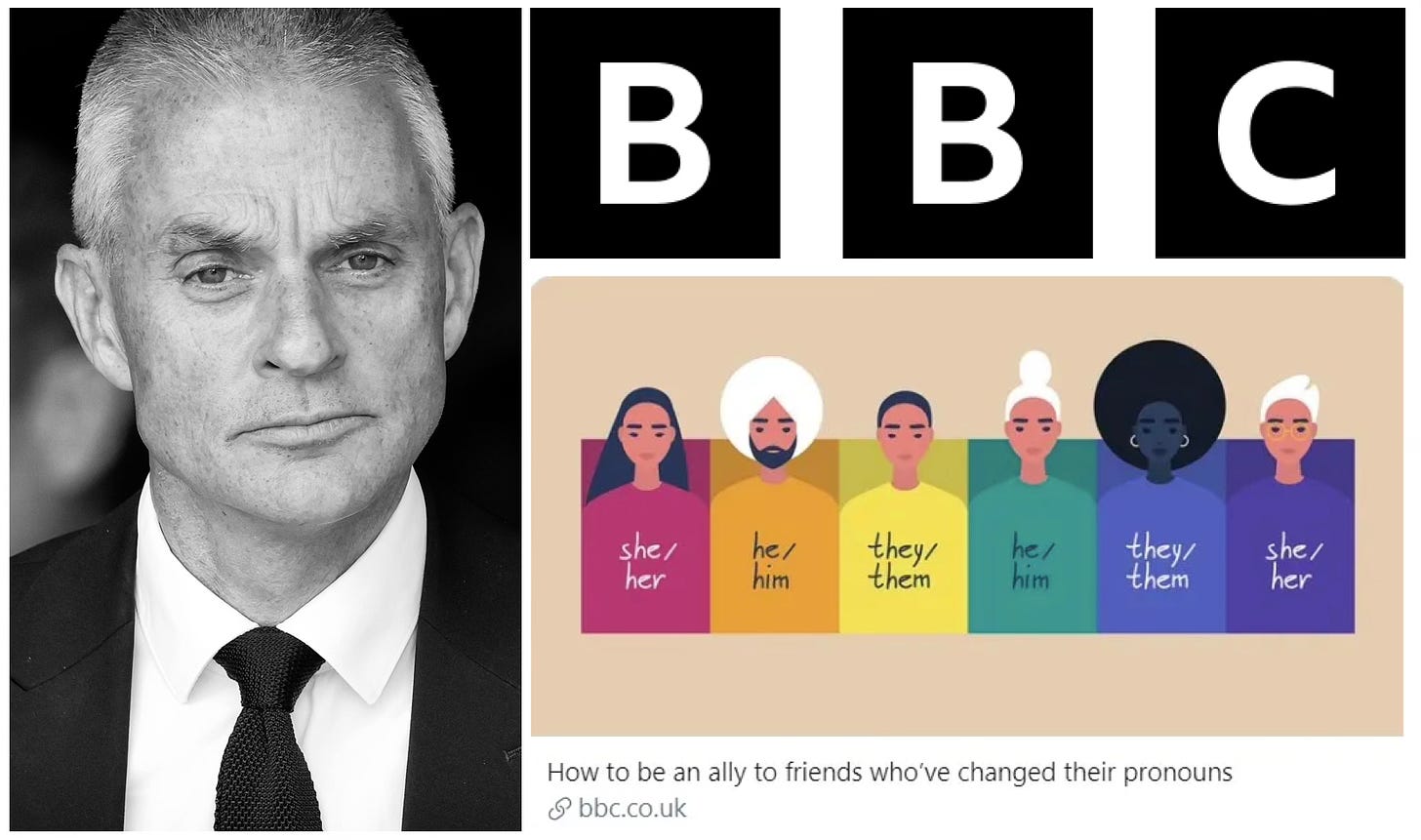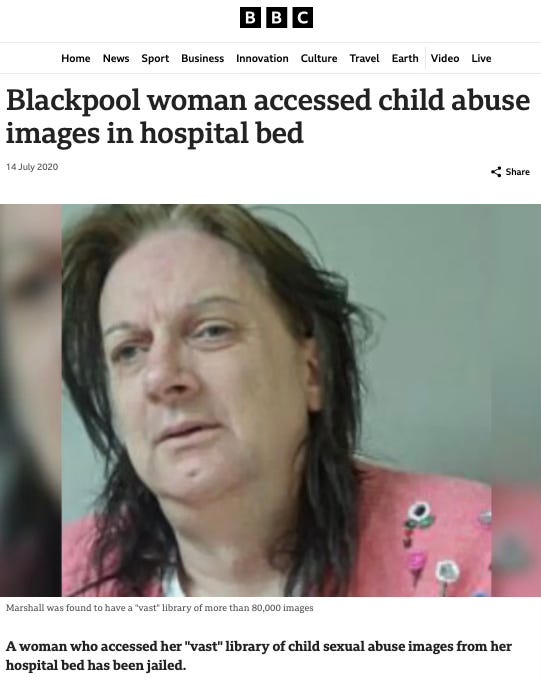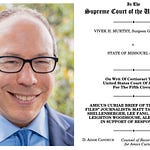The highest purpose of the British Broadcasting Corporation (BBC) is to “Pursue the truth with no agenda,” said its Director-General, Tim Davie, last week. BBC would do this “by reporting fearlessly and fairly.” In his speech, “A BBC For the Future,” Davie added that “Disinformation, propaganda, and partial news is [sic] weakening our shared understanding of the world, undermining trust in our institutions and our democratic process.”
To combat this disinformation, the BBC launched a special initiative, “BBC Verify,” last year. Last week, the BBC released a 9-page report to reporters that required a “careful and accurate use of language” regarding gender.
But according to current and former BBC journalists, the BBC itself is spreading disinformation, failing to pursue the truth without regard to any agenda, and behaving fearfully and unfairly on issues relating to transgenderism.
Three days before Davie gave his speech, The Times of London reported that BBC had buried a large package of investigative stories on the problems with giving children and adolescents puberty blockers and cross-sex hormones in an effort to change their sex or gender. Former BBC journalist Hannah Barnes said, “The BBC didn’t really back our work at all.”
It’s true that BBC ran part of Barnes’s article. She told the Times that it “wasn’t blocked.” Barnes went on to write a book, Time To Think, based in part on her reporting, which started at BBC.
But Barnes told the Times, “There’s a really big difference [between running a story and properly projecting it].” Her documentary films “weren’t promoted across the BBC. It wasn’t like Panorama. You didn’t hear it on the news bulletins. You didn’t see it on the Six or the Ten [O’Clock News].”
And BBC buried a major part of her story, said Barnes. She had learned that the medical director of Britain’s main gender clinic, Tavistock, had “failed to mention a number of safeguarding concerns raised by [gender clinic] Gids staff in a review he had published of the service.”
The Times of London described Barnes’ scoop as “a turning point in the story: a revelation that prompted the Care Quality Commission (CQC) to conduct its own review, in which Gids would ultimately be rated ‘inadequate.’” The Times reported that none of it ran. Said Barnes, “It wasn’t anywhere on the BBC. The online piece was so buried that even though I had written it, I couldn’t find it.”
In response to our questions, a BBC spokesperson told Public, “The BBC is committed to reporting all stories impartially, in accordance with its publicly available editorial guidelines.” The BBC spokesperson referred us to BBC editorial guidelines, an article in Dateline about the 9-page reporting guide, and the transcript of testimony given by Davie and two other BBC executives to a parliamentary committee.”
For years, the BBC’s decision to refer to trans-identified men as “women” has inspired controversy. In 2022, BBC changed the pronouns of a trans-identified male attacker. The Times of London reported at the time that “The woman referred to her alleged rapist as ‘him’ but [BBC] insiders said that her words were changed to avoid ‘misgendering’ the abuser in an article on the corporation’s website.” BBC has, on several other occasions, referred to male rapists and male sexual predators of children using female pronouns
The BBC Style guide requires BBC employees to use female pronouns with “a person born male who lives as a female… We generally use the term and pronoun preferred by the person in question unless there are editorial reasons not to do so.”
Barnes isn’t the only former BBC reporter to level concerns at BBC for bias. “The BBC is telling its journalists to lie about a person’s sex under almost all circumstances if the person requests it,” wrote Cath Walton, who worked at BBC for 25 years before leaving in 2023.
“How is a presenter or reporter to explain why there is a controversy at all about trans-identified men in, say, women’s sports or prisons if they are unable to say that they are male?” Walton asked. “It should be a requirement, not a punishable offense.”
And now, another BBC journalist has decided to speak out, and agreed to record a podcast interview, which can be listened to above.



















